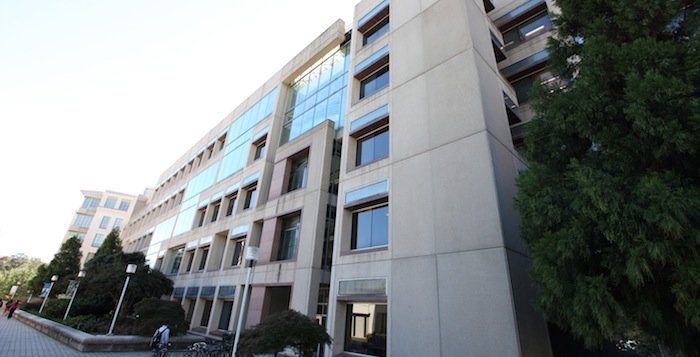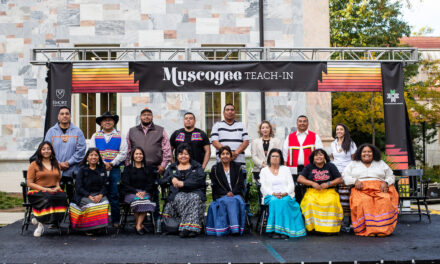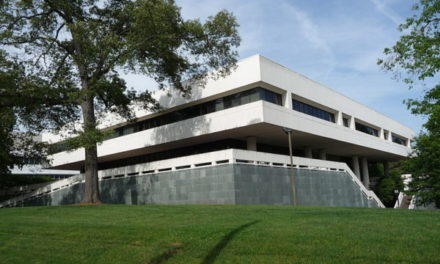Assistant Professor of Epidemiology at the Rollins School of Public Health Lauren McCullough will receive $446,402 as part of new funding from the Susan G. Komen foundation to research breast cancer, the foundation announced on Sept. 16. The Foundation will award $26 million in total.
McCullough’s current research focuses on disparities in cancer outcomes for African-American women experiencing metastatic (Stage 4) breast cancer.
“In 2018, [Susan G. Komen] really wanted to focus more on disparities research,” McCullough said. “The research I was interested in and that I was proposing was very consistent with their priorities and very consistent with some of the things that are happening in and around the city of Atlanta.”
The Susan G. Komen foundation has worked with McCullough previously, and McCullough also sits on their advisory board.
“We work very closely with Emory and with Rollins, and we have been working with [McCullough] to support some research she has been doing to understand why this breast health disparity for African-American women exists,” Susan G. Komen Greater Atlanta CEO Cati Stone said. “If you are an African-American woman in metro Atlanta, you are 45 percent more likely to die of breast cancer than your white counterparts.”
McCullough has been involved in researching health disparities since she joined the Emory faculty in 2016. She stated that she plans to use the grant to fund a variety of research methods examining cancer disparities.
“Ever since I’ve been at Emory, all of my projects have been around disparities,” McCullough said. “Some of my projects look at just the molecular part, some might just look at the social part, some might look at obesity, which I consider to be lifestyle-related. But the Komen grant is unique in that this is the first actual project where we’re bridging all of those things together.”
A diagnosis of metastatic or Stage 4 breast cancer indicates that the cancer has spread to the rest of the body. According to the Susan G. Komen foundation, 42,000 deaths in the United States can be attributed to breast cancer annually, and nearly all result from metastatic breast cancer.
Susan G. Komen Greater Atlanta pools its money for research grants with the national foundation and then redistributes that money to breast cancer researchers across the globe.
McCullough credited the foundation with its involvement in the Atlanta community, noting that researchers can often grow alienated from those they work to help. She also lauded the Komen foundation for helping “put faces with all those numbers.”
While Susan G. Komen Greater Atlanta focuses its efforts largely on the metro Atlanta area, McCullough claims that research and work regarding disparities will benefit people throughout the state of Georgia.
“My research, particularly this funding, is for the entire state,” McCullough said. “I think it’s important to think about geography, you know, rurality being a potential barrier for women getting treatment.”
Stone said that the Susan G. Komen foundation is involved in supporting both research and community-based programs in metro Atlanta.
“The African-American disparities work is the cornerstone of our entire street plan at Komen Atlanta,” Stone said. “We provide navigation on the intake side, going out into the community, talking to women and getting them into care.”
Although Susan G. Komen announced nine grants focused around disparities in this funding package and researching disparities has grown as a priority, McCullough said the end remains far from sight.
“There are these really basic questions that I think are foundational in thinking about interventions and [about] narrowing the gap that just haven’t been answered,” McCullough said. “And that’s kind of where this project sits, trying to put some conclusions to that.”
McCullough said that the longstanding lack of focus on disparities in metastatic breast cancer treatment led her to envision the practical outcomes of her research, such as how best to affect the community with future policy and care.
“What’s really going to move the needle the most?” McCullough asked. “Is it policy? Is it changes in neighborhoods? Is it the molecular tumor characteristics? Where do we get the most bang for our buck?”





